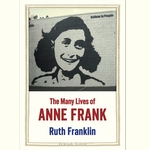Book Club: Nocturnal Apparitions: Essential Stories
With Benjamin Balint
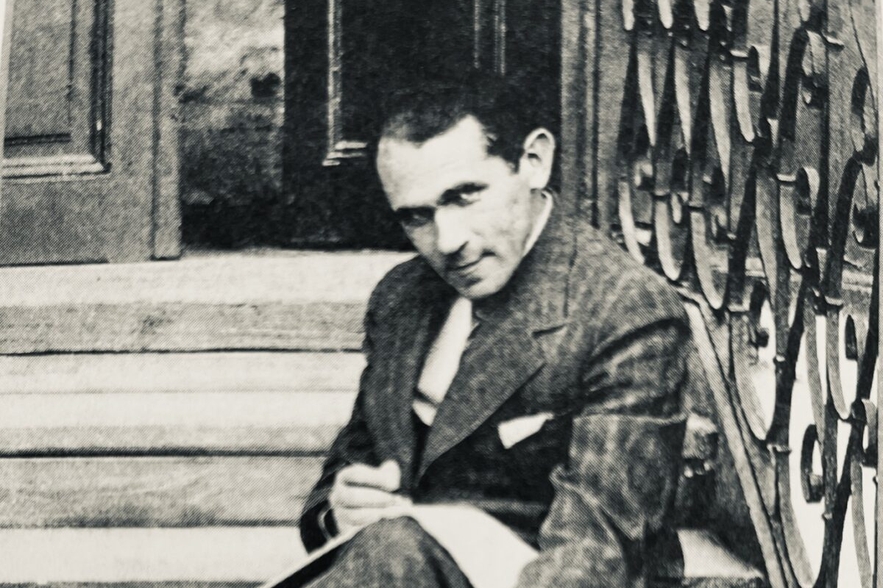
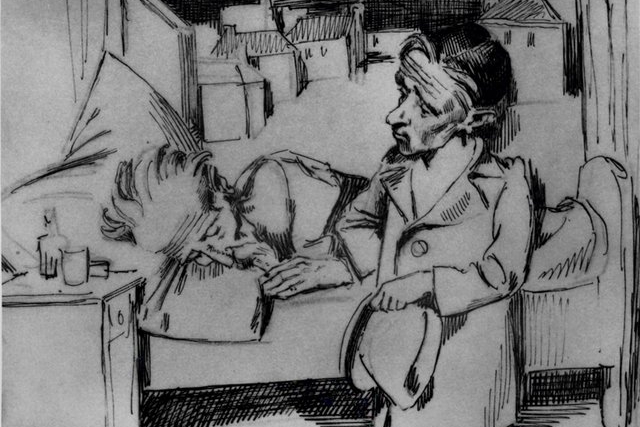
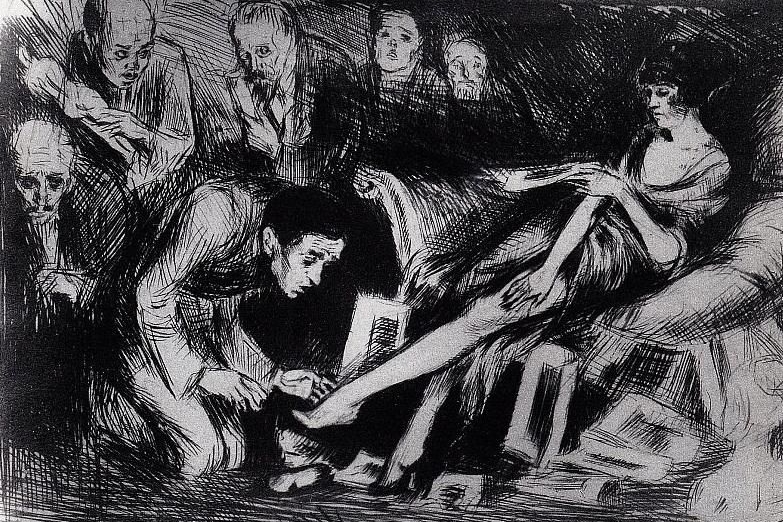
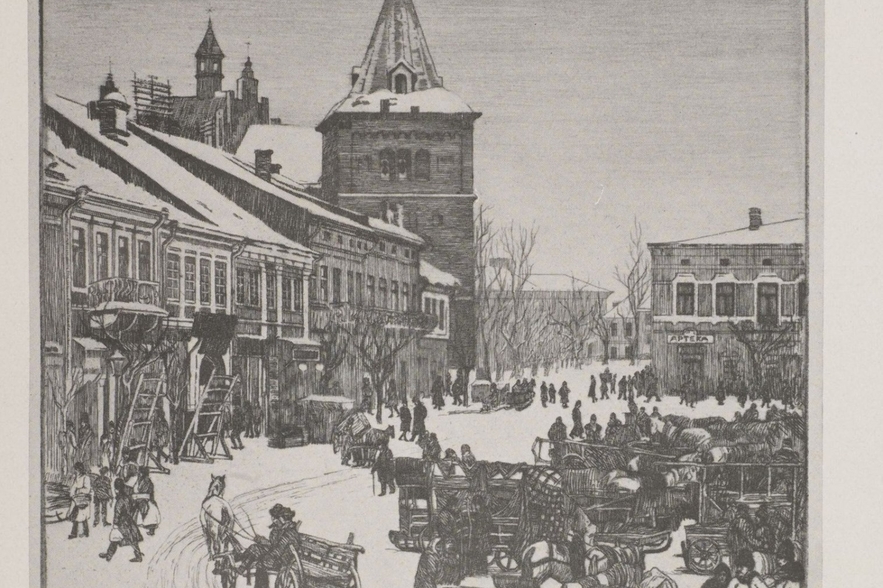
- Date/Time
- –
- Format
- Online
- Admissions
- General: Free
Nocturnal Apparitions: Essential Stories
Author: Bruno Schulz
A stunning new collection featuring fresh translations of Bruno Schulz's 15 most captivating short stories, in a beautiful Pushkin Collection edition. Includes a new translation of a recently discovered story, believed to be the first-ever published work by this legendary cult writer.
The stories in this collection are rich, tangled, and suffused with mystery and wonder. In the narrowing, winding city streets, strange figures roam. Great flocks of birds soar over rooftops, obscuring the sun. Cockroaches appear through cracks and scuttle across floorboards. Individuals careen from university buildings to dimly lit parlour rooms, through strange shops and endless storms.
Crowded with moments of stunning beauty, the 15 stories in his collection showcases Schulz's darkly modern sensibility, and his essential status as one of the great transformers of the ordinary into the fantastical:
- August, A Visitation, Birds, Pan, Cinnamon Shops, The Street of Crocodiles, Cockroaches, The Gale, The Night of the Great Season (from Cinnamon Shops)
- The Book, The Age of Genius, A July Night, My Father Joins the Firefighters, Father’s Final Escape (from Sanatorium under the Sign of the Hourglass)
- Undula--a new translation of Schulz's recently discovered first published story
(Description: Amazon).
The Author
The twentieth-century artist Bruno Schulz was born an Austrian, lived as a Pole, and died a Jew. First a citizen of the Habsburg monarchy, he would, without moving, become the subject of the West Ukrainian People’s Republic, the Second Polish Republic, the USSR, and, finally, the Third Reich. His entire life was spent, with exception for university studies, in Drohobycz, now Ukraine. A surrealist author capturing dream-life scenarios related to family, sexuality, and the Drohobycz of both his adult life and in his childhood memory, he was murdered by an SS man in the ghetto in Drohobycz during the Holocaust. Today he is considered an important figure in European literature, yet remains less known in the United States.
Our Guest
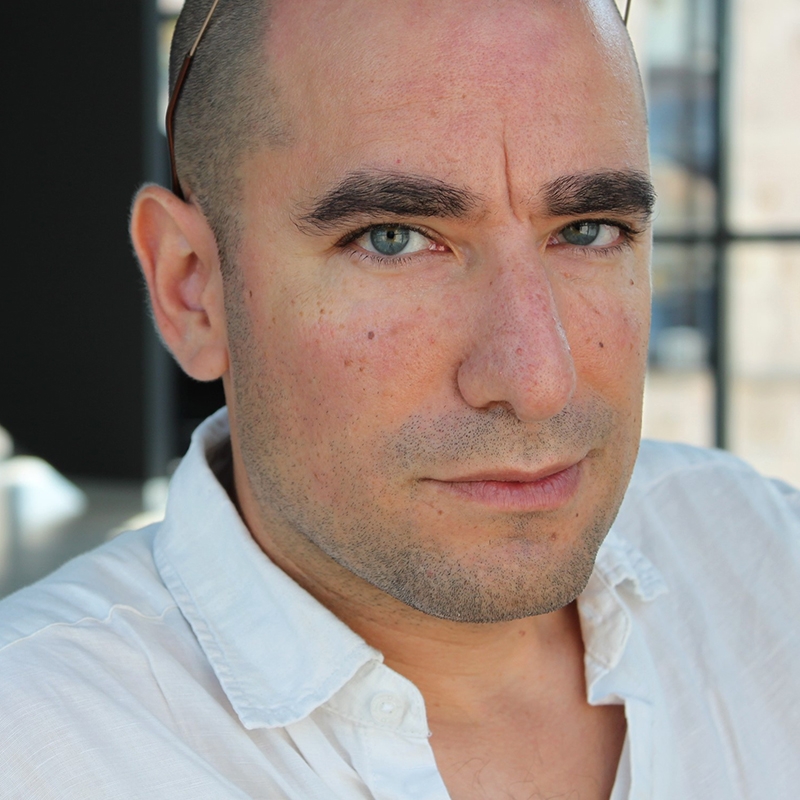
Benjamin Balint, a writer living in Jerusalem, is the author of several acclaimed works of non-fiction. His newest book, which came out this year, is Bruno Schulz: An Artist, A Murder, and the Hijacking of History.
His previous book, Kafka’s Last Trial (2018), has been translated into a dozen languages. It tells the unlikely story—brimming with dilemmas legal, ethical, and political—of a writer, endowed with genius, whose last wish was betrayed by his closest friend; a wrenching escape from Nazi invaders as the gates of Europe closed; a love affair between exiles stranded in Tel Aviv; and two countries whose obsessions with overcoming the traumas of the past came to a head in Israel’s Supreme Court. The book won the 2020 Sami Rohr Prize for Jewish Literature.
Balint is a co-author, with Merav Mack, of Jerusalem: City of the Book (2019), which Moshe Halbertal has called an “exquisite and brilliant exploration of the intricacies of Jerusalem’s libraries… one of the most intimate and beautiful portraits ever written of Jerusalem.” The book’s text is juxtaposed with specially commissioned photographs by Frédéric Brenner.
Balint’s first book, Running Commentary (2010), tells the story of how a uniquely influential magazine both forged the neoconservative movement and registered Jews’ “love affair with America” from the Second World War to today. “In this eloquent and richly informed book,” Anthony Grafton wrote, “Balint both tells the story of Commentary as a magazine and reads it as an 'American Talmud'—a great mass of position statements and debates, always passionate and sometimes contradictory, that illuminate the larger intellectual history of America’s Jews.”
Balint has taught literature at the Al-Quds Bard College of Arts and Sciences in East Jerusalem, the first humanities program of its kind for Palestinian students. His reviews and cultural journalism have been published in the Wall Street Journal, Haaretz, the Claremont Review of Books, the Weekly Standard, and Die Zeit (Germany), and his translations from Hebrew have appeared in the New Yorker, Poetry International, and Crazyhorse.
